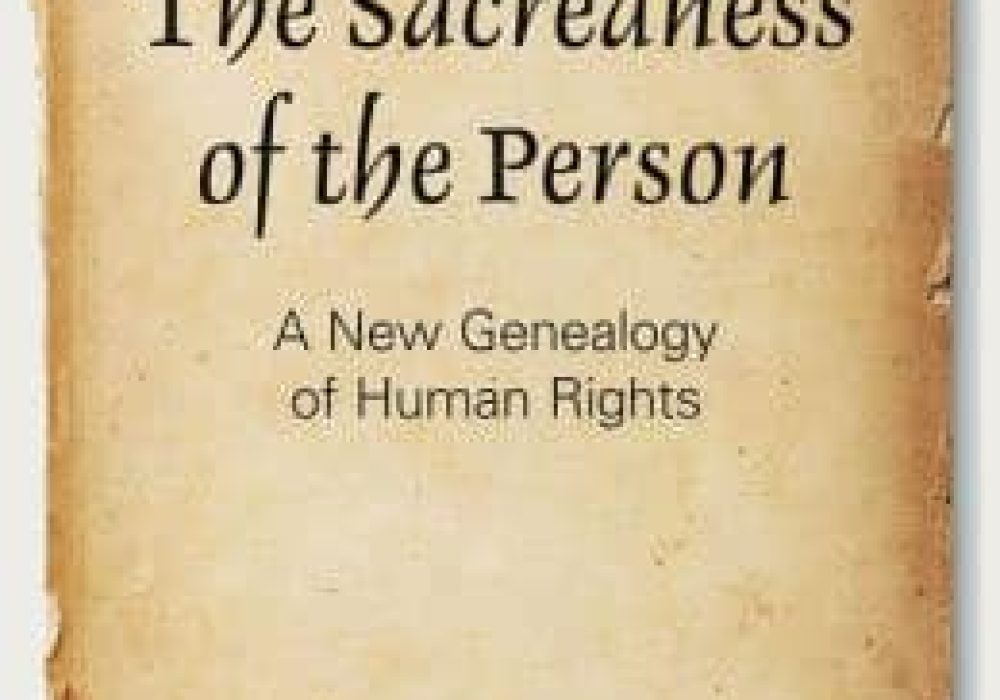Michael Geyer (University of Chicago), Moderator
Hans Joas (University of Chicago)
John D. Kelly (University of Chicago)
Ben Laurence (University of Chicago)
William Schweiker (University of Chicago)
cosponsored by the Human Rights Program at the University of Chicago
This symposium will discuss The Sacredness of the Person, a recent book by Professor Hans Joas.
What are the origins of the idea of human rights and universal human dignity? How can we most fully understand—and realize—these rights going into the future? In The Sacredness of the Person, internationally renowned sociologist and social theorist Hans Joas tells a story that differs from conventional narratives by tracing the concept of human rights back to the Judeo-Christian tradition or, alternately, to the secular French Enlightenment. While drawing on sociologists such as Émile Durkheim, Max Weber, and Ernst Troeltsch, Joas sets out a new path, proposing an affirmative genealogy in which human rights are the result of a process of “sacralization” of every human being.

